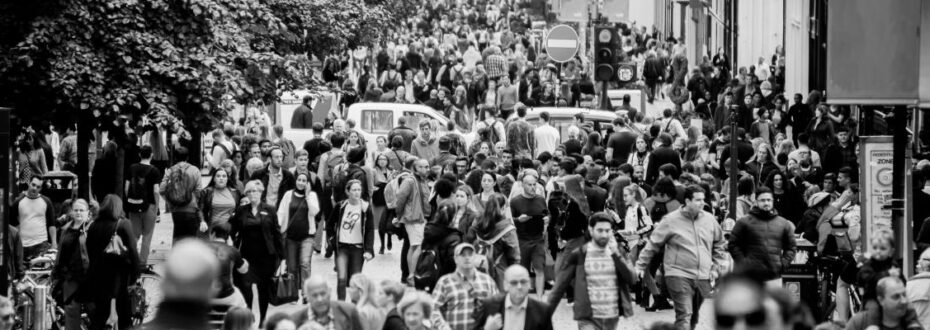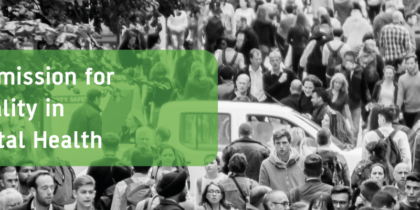Groups of people with the poorest mental health often get the least access to help, says a briefing published paper today by Centre for Mental Health.
Access to mental health support is the second briefing paper from the Commission for Equality in Mental Health, a two-year initiative hosted by Centre for Mental Health to investigate inequalities in mental health.
Access to mental health support finds that groups of people with some of the highest rates of mental health difficulty are least likely to be supported by mental health services. This is because the help on offer is not just hard to access: it is also seen by some as irrelevant, unhelpful or coercive.
Poorer access to mental health support affects a wide range of groups, including those on low incomes or living in deprived areas, disabled people, those in later life and many Black, Asian and minority ethnic communities. This means people either miss out on help altogether or they don’t get support until they reach a crisis point.
Access to mental health support concludes that most national mental health strategies have focused on increasing the supply of services but paid less attention to whether the existing offer is right for everyone. It identifies a number of changes that can be made to make access to mental health support more equal. They include working with community groups to design services differently, investing in peer-led services and other alternatives to traditional mental health care, and holding services more strongly to account for achieving equality of access.
Access to mental health support is the second of three briefing papers produced by the Commission. It was written prior to the Covid-19 pandemic. The Commission’s final report will later this year make recommendations for national policies and local actions to bring about greater equality in mental health.
The Commission’s chair, Liz Sayce, said: “It is deeply worrying that some groups of people get less access to mental health support than others, and often it’s those with the greatest needs who have the greatest difficulty getting help. The NHS in England is rightly investing significant sums in expanding the provision of mental health services over the next five years. It’s vital that this is done with equality of access at its heart across the UK so that no one is left behind.”
Centre for Mental Health chief executive Sarah Hughes said: “Covid-19 has brought health inequalities into sharp focus. The tragic losses of life that have devastated families and communities will be followed by a significant rise in mental ill health. We must make sure that those who have experienced the biggest inequalities and injustices get access to the right help at the right time. That will mean developing new and different services, not just more of the same.”



